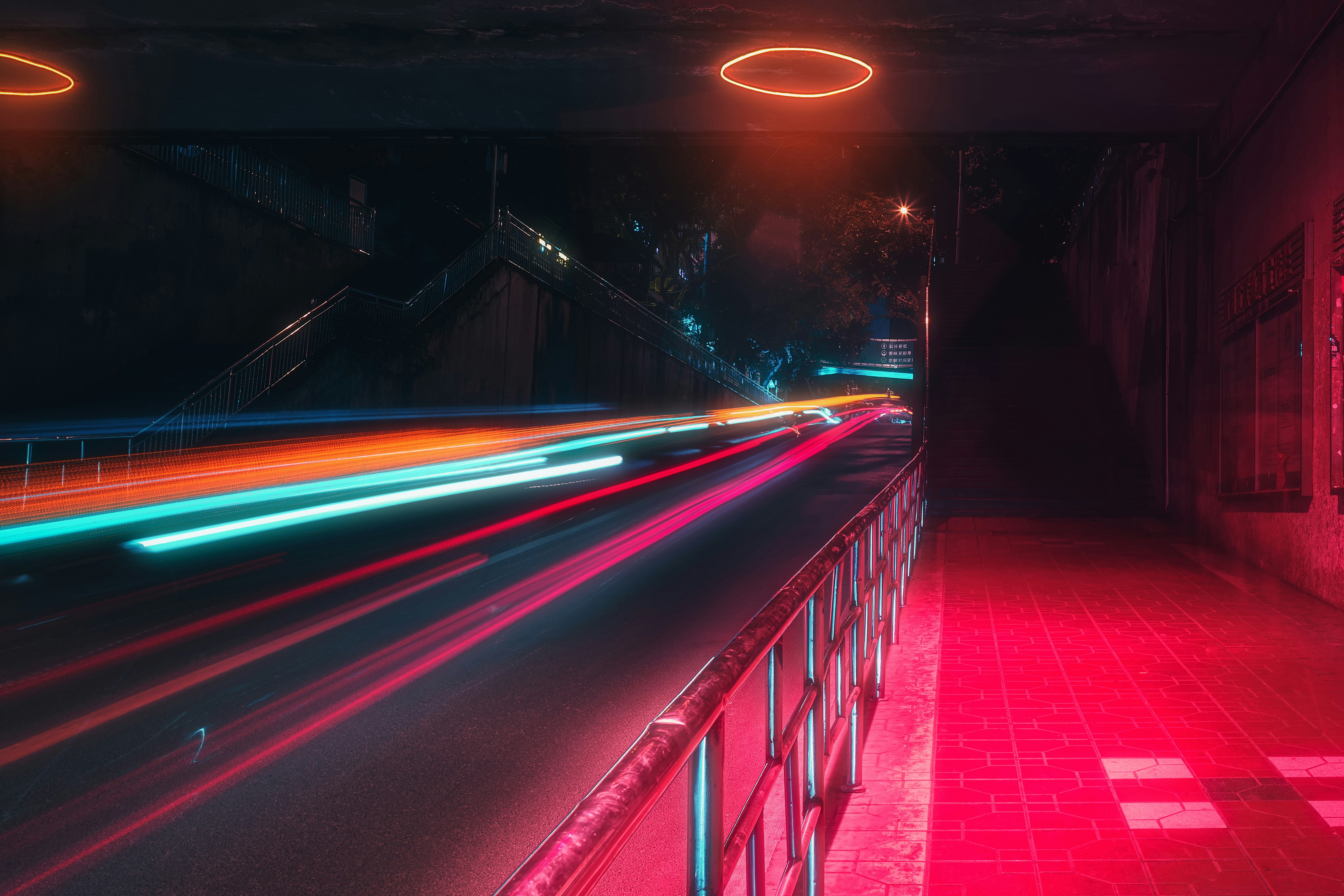The year is 2025, and the global economy isn’t so much recovering as it is shedding its skin. What’s emerging underneath is leaner, smarter, and, if not exactly friendlier, at least better optimised for a world that expects instant results and can’t remember life before same-day delivery.
We’re not looking at a single boom. Instead, five structural megatrends are quietly redrawing the economic blueprint. Spoiler: it involves fewer humans and more code.
The Machines Have Entered the Chat
Artificial Intelligence and Automation are no longer shiny objects to fawn over at conferences. They’re infrastructure now, like electricity, if electricity had an annoying habit of replacing junior developers.
The AI market, valued at a modest $391 billion and set to quintuple by 2030, isn’t just here to automate the boring bits. It’s quietly retooling entire industries. Job losses? Sure. But the bigger story is role mutation: fewer junior coders, more prompt engineers and AI-whisperers who can interpret the outputs and slap a human signature on the results.
Meanwhile, Cybersecurity is enjoying its own endless boom, with the sector forecast to hit $227 billion next year. Why? Because for every AI-powered digital fortress, there’s an AI-powered siege engine. Phishing is now indistinguishable from your boss’s email. Deepfakes can outsmile your grandmother. And consumers, increasingly numb to breaches, swing between resigned apathy and moral outrage, sometimes in the same afternoon.
If you’re in the business of solving problems created by the last solution, congratulations: you’ve found the perfect sector.
Green Dreams & Biological Upgrades
While the machines run the show, humans are still clinging to more traditional pursuits, like not dying early or boiling the planet.
Renewable Energy is no longer the idealist’s playground. It’s cold, hard economics. Solar and wind are now the cheapest power sources in most of the world, making the energy transition not just necessary, but fiscally irresistible. Renewable output is projected to jump 84% by 2030. The catch? Our grids can’t keep up. Much of that clean energy is already being “curtailed”, the polite term for wasted, because the supporting infrastructure remains stuck in the 20th century.
And in the geopolitical arena, things are heating up. The U.S. is building supply chains at three times the cost of Chinese equivalents, not because it makes economic sense, but because it makes political sense. Autonomy, it seems, has a price tag.
Then there’s Digital Health and Biotechnology, industries ballooning under the combined weight of aging populations, chronic disease, and healthcare workers quietly plotting their escape. Telehealth visits have soared 38x since COVID, and the real investment isn’t in miracle cures, it’s in tools that make the system less soul-destroying for those still working inside it. AI scribes, for instance, are now reducing admin burnout by taking over the joyless art of documentation, leaving doctors free to return to their true calling: arguing with insurance companies.
The Great Retail Reinvention
Fintech and E-commerce are no longer niche, they are the market. With fintech on track to hit $394 billion next year, we’re witnessing the total rewiring of how people access, spend, and even understand money.
Mobile-first tools are granting financial access to the historically excluded, while AI is sorting the trustworthy from the dodgy faster than a seasoned loan shark. The result? More than half of Americans now use digital tools to manage their finances, and four in five say it’s made them feel more in control. (Presumably, this excludes those on their fourth “buy now, pay later” Peloton.)
The trust gap between fintech startups and traditional banks is closing fast. Consumers want frictionless everything, but they also want a “review button” before an algorithm decides to decline their mortgage based on how many oat milk lattes they buy.
A Society in Pursuit of Optimised Everything
Zooming out, these trends tell a fairly clear story: humanity is in the business of squeezing maximum efficiency from minimum effort. We’re layering AI onto everything, streamlining healthcare, greening the grid, and digitising our wallets, all in the name of doing more with less, living longer, and reducing the friction in daily life.
But here’s the rub.
In our pursuit of seamlessness, what happens to the satisfaction of struggle? Of wrestling a problem until it breaks? If every inconvenience is automated away, every decision preempted by a predictive model, where does that leave our sense of triumph? Our stories of overcoming?
There’s something quietly essential about difficulty. It gives life grit. Without it, we risk engineering a future so optimised it becomes sterile, a world where everything works, but nothing feels earned.
Convenience may be the endpoint of innovation. But maybe, just maybe, the most human thing left to preserve is the joy of overcoming what wasn’t meant to be easy.

